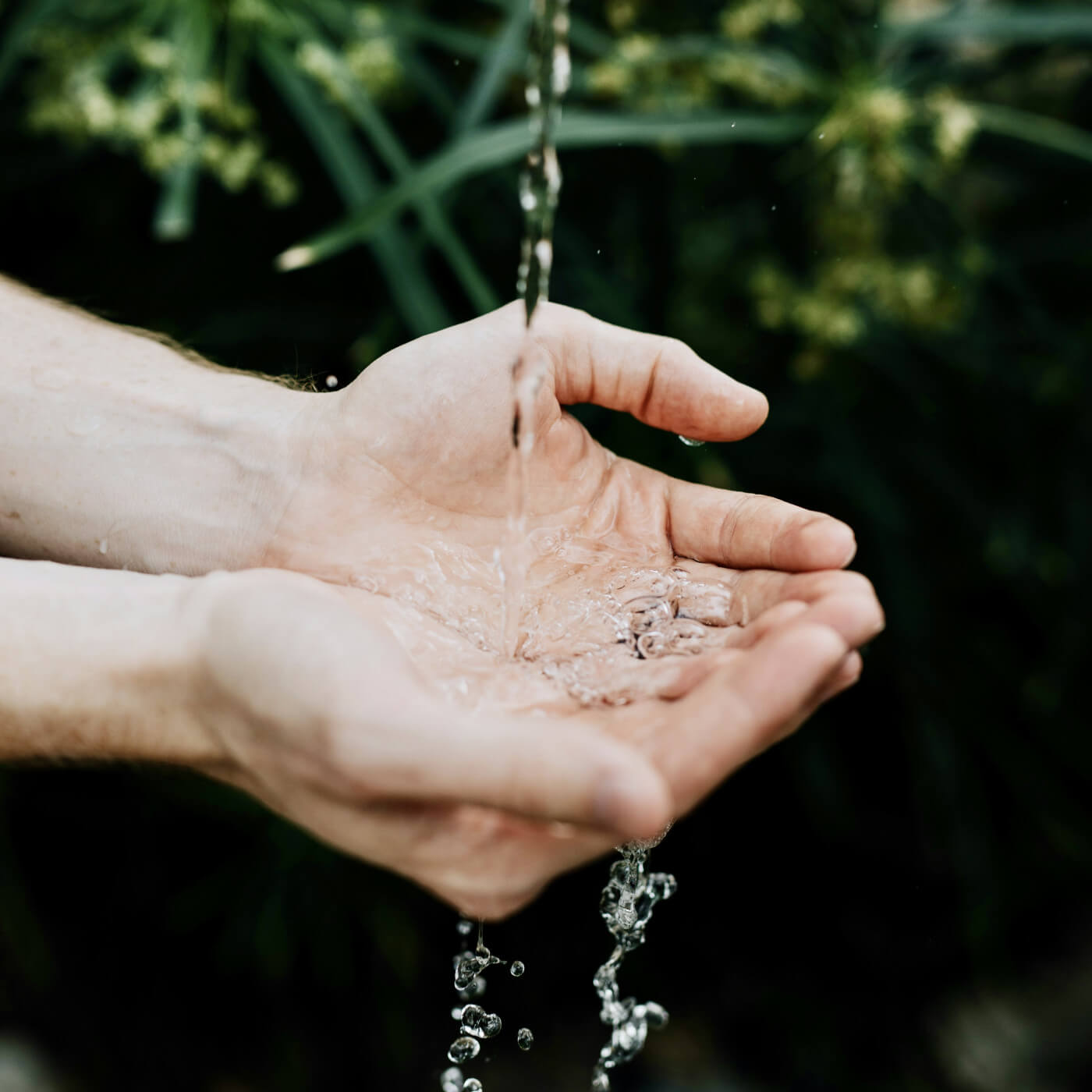Written by Lauren James Budhu
Did you know that 2.2 billion people live without access to safe water? World Water Day, observed by the United Nations, aims to change that. Every March 22nd since 1993, the UN has observed World Water Day by focusing on the importance of freshwater and helping tackle the global water and sanitation crisis.
Among the 2.2 billion people living without managed drinking water, more than 115 million people drink surface water. According to the UN, at least half of the global population encounters severe water scarcity for at least part of the year.
Yet it does not stop there.
Almost half of the global population depends on water that crosses national borders. Yet, out of the 153 countries that share water sources like rivers, lakes, and aquifers with their neighbors, only 24 countries report having cooperation agreements for their shared water. While the Earth is composed of 70 percent water, only 0.5 percent of the planet's water is usable and available freshwater – and climate change is affecting that supply. Over the last 20 years, terrestrial water storage – including soil moisture, snow, and ice – has dropped at a rate of 1 cm. per year, with severe ramifications for water security.
This year’s theme for World Water Day is Water for Peace. Water can create peace or conflict– when water is scarce, polluted, or inaccessible, tensions and conflict can arise in communities and countries. As climate change increases and populations grow, there is a significant need to unite around conserving our most precious resource on Earth: water.
But really, how can water be a tool for peace overall? We all know that water scarcity has become a significant problem on nearly every continent, with the poorer communities mostly affected. To fight global climate change and serve a growing population equitably and sustainably, there must be an integrated approach centered on human rights and trusted data. In this way, water can be a catalyst for peace at the:
- Community Level: Water can bring together different actors around a common cause and initiate dialogue, reconciliation, and peacebuilding
-
National Level: The need to cooperate across various water-using sectors might provide an entryway for coordination across interests
- Global Level: Post-conflict, water cooperation plays a big role in rebuilding trust and fostering long-term stability
Be part of the global movement– everyone needs to come together to do what they can to cooperate on water access and pave the way for a more peaceful society. Download resources to get involved in Water Day and learn more about the connection between water and peace.
Access to safe and clean water should be a right– not a luxury.


















